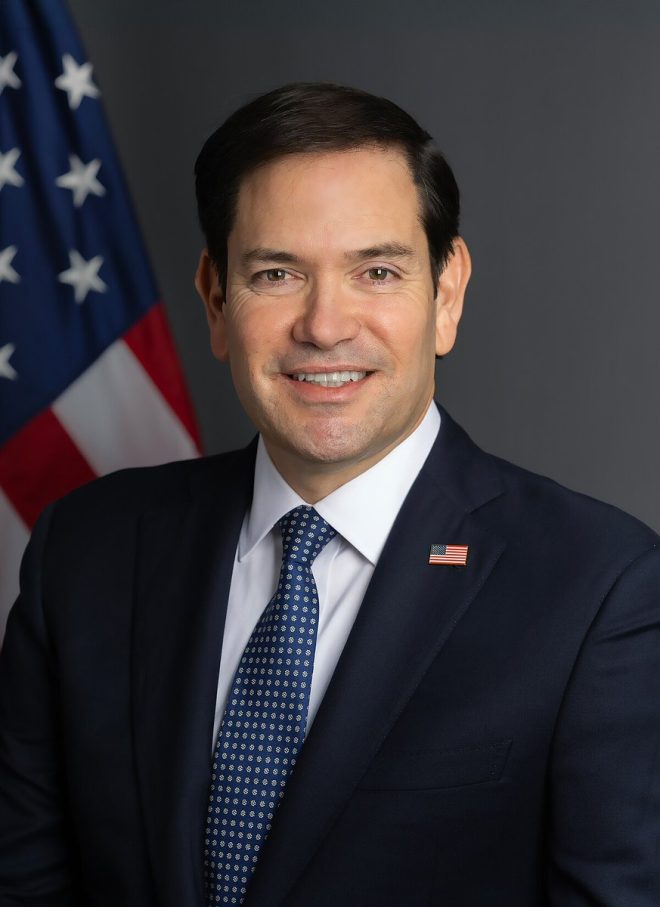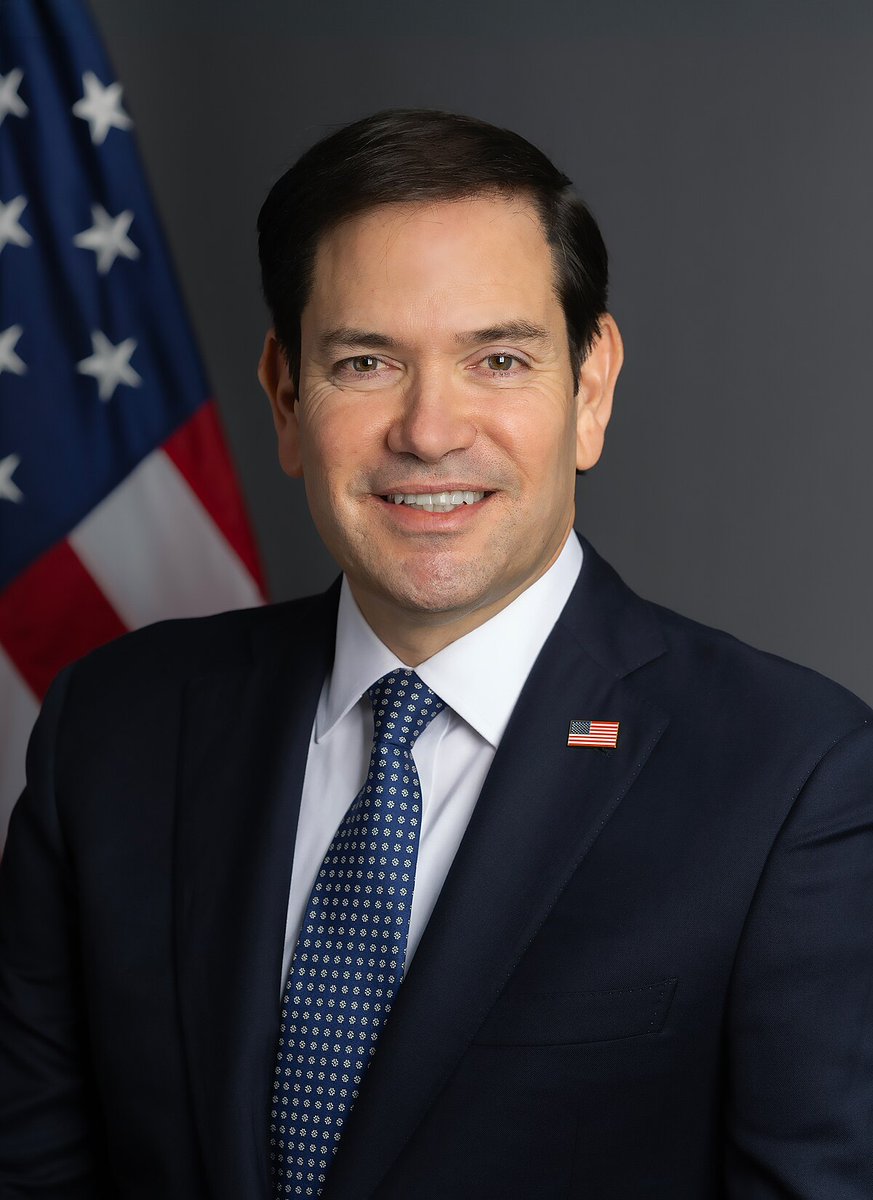
Overview of Recent U.S. Sanctions Against Sweden’s Foxtrot Gang
In a significant development in international relations and security, U.S. Senator Marco Rubio has announced that the United States is imposing sanctions on the Foxtrot gang, notorious for its violent activities in Sweden. This gang, along with its leader, known as "The Kurdish Fox," has come under scrutiny for its alleged connections to the Iranian regime.
The sanctions aim to disrupt the operations of the Foxtrot gang, which has reportedly been hired by the Islamic regime in Iran to conduct violent acts, including shootings and grenade attacks targeting the Israeli embassy. This announcement underscores the U.S. government’s commitment to combating international terrorism and its willingness to hold accountable those who engage in violence and criminal activities that threaten global security.
Understanding Foxtrot Gang’s Criminal Activities
The Foxtrot gang has been described as one of Sweden’s most violent criminal organizations. Its activities have raised alarms not only within Sweden but also internationally, given its alleged links to higher-level geopolitical conflicts. The gang is involved in various criminal enterprises, including drug trafficking, extortion, and violent crimes.
The gang’s notoriety is not just limited to local criminal activities; its involvement in international terrorism has now been brought to the forefront with the recent allegations of its ties to the Iranian regime. The Iranian government’s purported use of the Foxtrot gang to carry out attacks against diplomatic targets highlights the increasing complexity of modern geopolitical conflicts, where criminal organizations can play a role in state-sponsored terrorism.
- YOU MAY ALSO LIKE TO WATCH THIS TRENDING STORY ON YOUTUBE. Waverly Hills Hospital's Horror Story: The Most Haunted Room 502
The Role of Iran in Supporting Violent Extremism
The Iranian regime has a history of supporting militant groups and criminal organizations to further its geopolitical objectives. By allegedly hiring the Foxtrot gang, Iran is not only attempting to exert influence in Sweden and Europe but also to send a message of defiance against Israel and its allies. This tactic of using proxy groups to conduct operations allows Iran to maintain plausible deniability while pursuing its goals.
The U.S. sanctions against the Foxtrot gang are part of a broader strategy to counter Iran’s destabilizing activities in the region and beyond. By targeting such groups, the U.S. aims to disrupt their funding and operational capabilities, thereby reducing the threat they pose to international security.
Sanctions as a Tool of Foreign Policy
Sanctions are a critical tool in U.S. foreign policy, especially in dealing with international terrorism and organized crime. By sanctioning the Foxtrot gang and its leadership, the U.S. is taking a firm stance against violent extremism and signaling to other nations the importance of addressing such threats.
These sanctions may include asset freezes, travel bans, and restrictions on trade, all of which aim to limit the gang’s operational capacity. The effectiveness of these measures will depend on international cooperation and the willingness of other nations to recognize and act upon the U.S. designations.
Implications for Sweden and International Relations
The announcement of sanctions against the Foxtrot gang has significant implications for Sweden, a country that has traditionally maintained a stance of neutrality in international conflicts. The involvement of a Swedish gang in international terrorism complicates Sweden’s security landscape and may require a reevaluation of its domestic policies regarding organized crime and terrorism.
For Sweden, the U.S. sanctions may lead to increased pressure to address gang violence and strengthen law enforcement efforts. It also raises questions about the extent of foreign influence on domestic criminal organizations and the need for comprehensive strategies to combat such influences.
Broader Context of Global Terrorism
The situation involving the Foxtrot gang is emblematic of a larger trend in global terrorism, where non-state actors and criminal organizations are increasingly becoming involved in geopolitical conflicts. This trend poses significant challenges for national and international security frameworks, as traditional methods of counter-terrorism may need to be adapted to address the evolving nature of threats.
As countries grapple with the implications of such involvement, international cooperation will be essential in addressing the root causes of terrorism and organized crime. Collaborative efforts among nations will be crucial to dismantling networks that facilitate violence and destabilization.
Conclusion: A Call for Vigilance and Action
The recent announcement of U.S. sanctions against the Foxtrot gang highlights the interconnectedness of local criminal activities and global security threats. It serves as a reminder of the ongoing challenges posed by organized crime and terrorist groups, particularly those with state sponsorship.
As nations respond to these challenges, it is essential to remain vigilant and proactive in implementing strategies that address both the symptoms and root causes of violence and extremism. The effectiveness of sanctions, combined with robust law enforcement and international cooperation, will play a crucial role in curbing the influence of criminal organizations like the Foxtrot gang and ensuring a safer global environment.
In summary, the U.S. sanctions against the Foxtrot gang and its leader reflect a significant step in the fight against international terrorism and organized crime. As the situation develops, it will be crucial for governments, law enforcement agencies, and international organizations to collaborate and share intelligence to effectively counter the threats posed by such groups.

BREAKING:
Marco Rubio announces that the U.S. introduces sanctions against Sweden’s most violent gang, Foxtrot, and its leader “The Kurdish Fox.”
The Islamic Regime in Iran has hired to gang to carry out shootings and grenade attacks against the Israeli embassy.
Full… pic.twitter.com/CjOVzEW4ag
— Visegrád 24 (@visegrad24) March 13, 2025
BREAKING:
In a significant development that has captured the attention of both national and international communities, Senator Marco Rubio has announced that the United States is imposing sanctions against Sweden’s most notorious gang, known as Foxtrot, along with its infamous leader, often referred to as “The Kurdish Fox.” This announcement comes amidst rising tensions related to violent criminal activities that have raised alarm bells not just in Sweden, but also across Europe and beyond.
What is the Foxtrot Gang?
Foxtrot is recognized as one of the most violent gangs operating in Sweden, engaging in drug trafficking, extortion, and violent crimes that have caused widespread fear among local communities. The gang, known for its ruthless methods, has been linked to numerous incidents of violence in urban areas, making it a significant concern for law enforcement. The group’s notoriety is amplified by its connections to international organized crime, which has made it a target for government intervention.
The Kurdish Fox: A Leader of Infamy
The leader of Foxtrot, dubbed “The Kurdish Fox,” remains a polarizing figure. His leadership is marked by both strategic cunning and a penchant for brutality. Under his command, the gang has reportedly expanded its operations, leading to increased violence and criminal activity. The U.S. sanctions aim to cripple the financial and operational capabilities of Foxtrot, targeting its leadership and financial backers to disrupt their criminal enterprises.
Why Sanctions?
The decision to impose sanctions is not merely a punitive measure; it reflects a growing recognition of the gang’s troubling connections to international terrorism. According to reports, the Islamic Regime in Iran has allegedly hired the Foxtrot gang to execute violent actions, including shootings and grenade attacks against the Israeli embassy in Sweden. This critical link between organized crime and state-sponsored terrorism has raised alarms about the broader implications for regional security.
International Implications
These sanctions are part of a broader strategy by the United States to combat not only domestic crime but also international terrorism. By targeting groups like Foxtrot, the U.S. hopes to send a clear message that it will not tolerate the use of criminal organizations as tools for political violence. This action could potentially lead to a ripple effect, influencing how other countries approach their own domestic gangs and their ties to international terrorism.
Public Reaction
The announcement has sparked a variety of reactions. Many citizens in Sweden have expressed relief at the U.S. response, viewing it as a necessary step to restore safety and order. Conversely, some critics argue that sanctions alone are not enough to address the deep-rooted issues that have allowed gangs like Foxtrot to flourish. Community leaders emphasize the need for comprehensive strategies that include social programs and law enforcement enhancements to tackle the root causes of gang violence.
The Role of Law Enforcement
In light of these sanctions, Swedish law enforcement agencies are under pressure to enhance their operations against Foxtrot and similar gangs. In a coordinated effort, they are likely to increase surveillance, intelligence sharing, and community outreach programs designed to disrupt gang activities and build trust within the communities affected by violence. The collaboration between U.S. and Swedish authorities may also intensify, focusing on intelligence sharing and joint operations.
Future Outlook
As the situation unfolds, the international community will be watching closely. The effectiveness of these sanctions will depend not only on the immediate impact on the gang’s operations but also on the long-term strategies implemented by both the U.S. and Sweden. Will this be the turning point in the fight against organized crime? Only time will tell, but for now, the focus is on dismantling the power structure of Foxtrot and ensuring that those who threaten peace and security are held accountable.
Conclusion
In a world where the lines between organized crime and terrorism are increasingly blurred, the sanctions against Foxtrot and “The Kurdish Fox” represent a crucial step in confronting these challenges. The implications of this decision extend beyond Sweden, potentially influencing global strategies for dealing with similar threats. As communities grapple with the realities of gang violence, the hope is that effective measures are put in place to ensure a safer future for all.
For those looking for more information on the ongoing issues surrounding organized crime and terrorism, the BBC offers in-depth analysis, while Al Jazeera covers the broader implications of these sanctions on international relations.
“`
